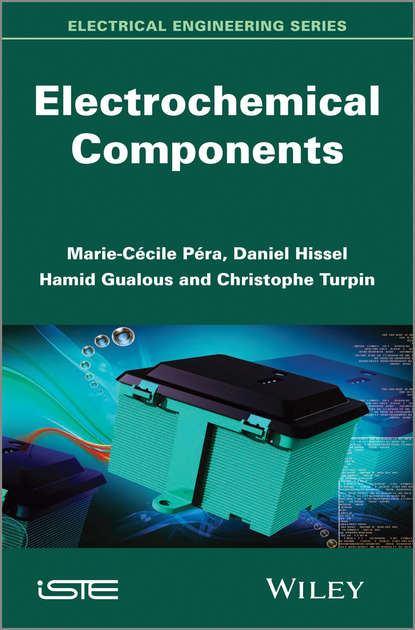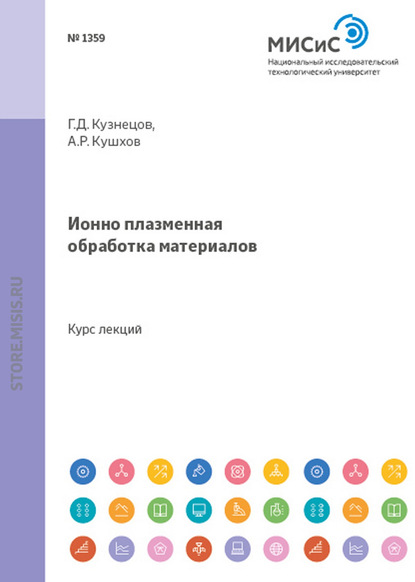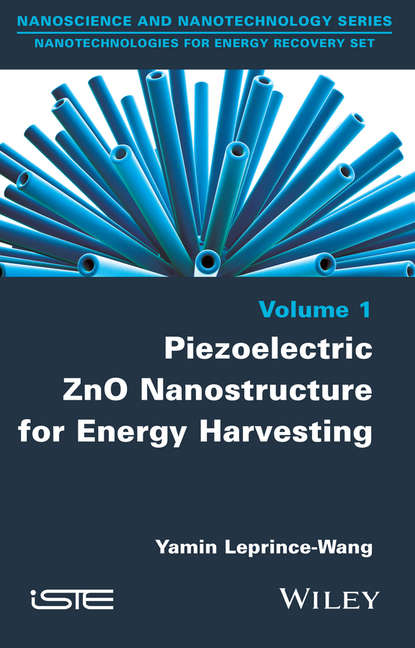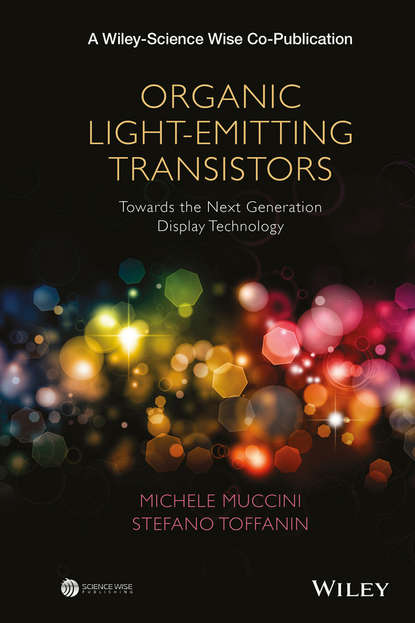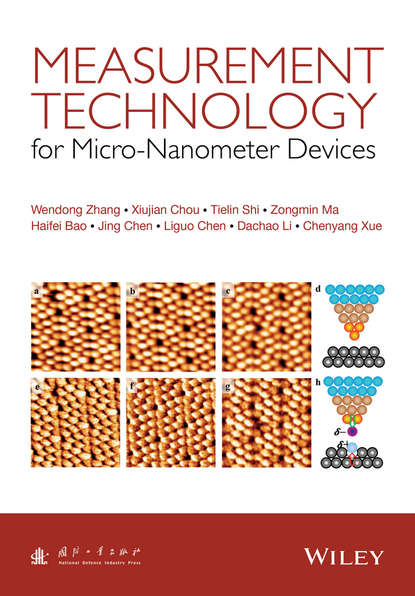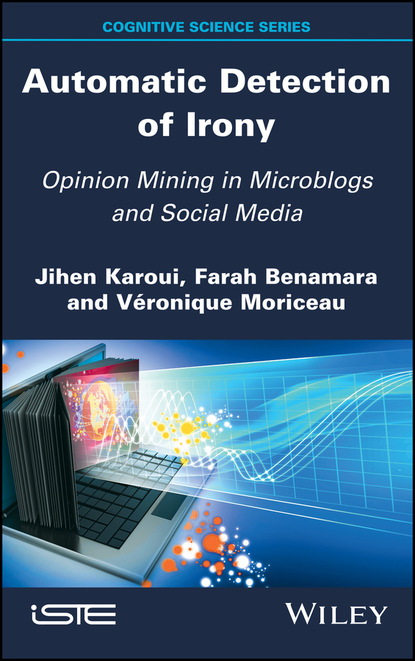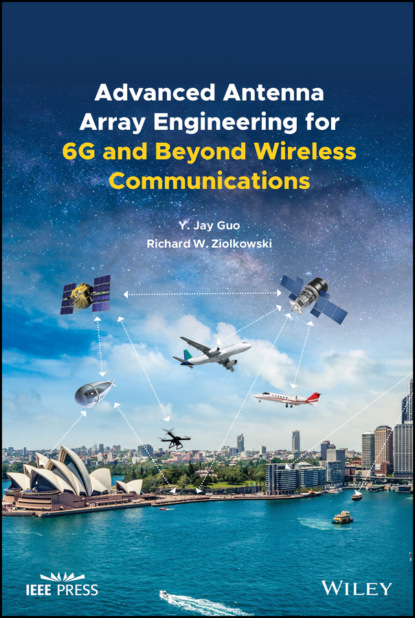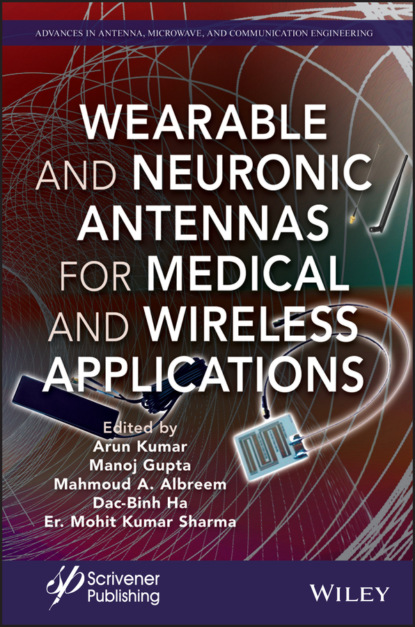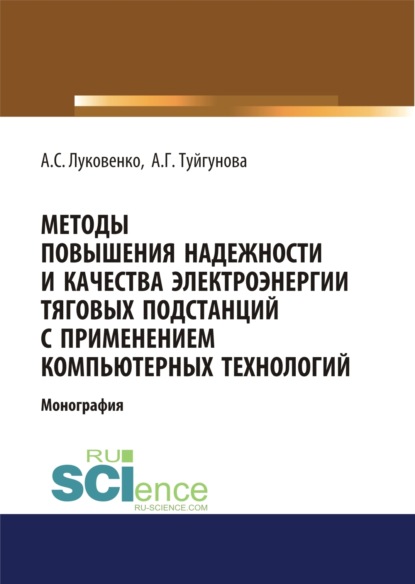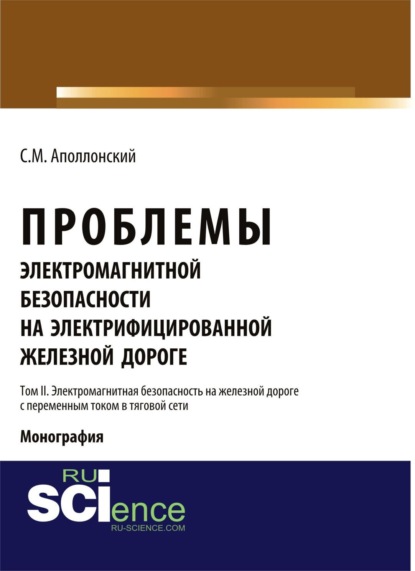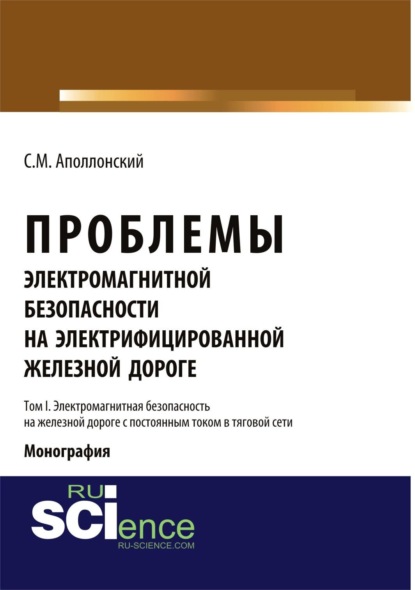Книга "Электрохимические компоненты" посвящена методам хранения электроэнергии, которые часто используются в гибридных системах. После введения в основы электрохимии в первой главе, вторая глава посвящена хранению электроэнергии в виде водорода. После получения водорода необходимо иметь возможность превратить его обратно в электричество по запросу, что может быть сделано при помощи другого энергетического преобразователя - топливной ячейки, которая рассматривается в главе 3. Такая система не может доставлять значительного динамического эффекта в терминах хранения и высвобождения электроэнергии и требует дополнительного решения. Подробное изучение суперконденсаторов представлено в главе 4. Хотя системы хранения, затронутые в предыдущих трех главах (водородные батареи и суперконденсаторы), обладают выгодными характеристиками, они по-прежнему относительно дороги. Поэтому электрохимические аккумуляторы по-прежнему имеют свое место, что будет рассмотрено в главе 5. Наконец, на основе элементов, заложенных в предыдущих главах, глава 6 будет посвящена электрической гибридизации этих систем хранения с целью улучшения их производительности (в терминах энергии, срока службы, стоимости и т.д.). Книга предназначена для исследователей, представителей промышленности, ученых, преподавателей и студентов. В книге представлено множество упражнений, а также их решения. Авторами являются Мари-Сесиль Пера, Даниэль Хиссель, Хамид Гуалус и Христоф Тюрпен, которые работают в различных университетах и научных центрах Франции и занимаются моделированием, управлением и диагностикой систем электропитания, таких как топливные элементы, суперконденсаторы и аккумуляторы для транспортных и стационарных приложений.
В данной книге автор рассматривает методы хранения электрической энергии, широко используемые в гибридных системах. Вступительный раздел включает знакомство с основами электрохимии, а глава 2 описывает хранение электричества в виде водорода. После получения водорода мы должны выделять электроэнергию по требованию с помощью другого устройства преобразования: топливных элементов, глава 3 охватывает эти химические реакции. Системы основанные на этих компонентах и их способности накапливать и выделять значительное количество электрической энергии оставляют желать лучшего, для улучшения характеристик необходимо дополнительное решение. Глава 4 подробно исследует суперконденсаторы.
Электронная Книга «Electrochemical Components» написана автором Группа авторов в году.
Минимальный возраст читателя: 0
Язык: Английский
ISBN: 9781118576915
Описание книги от Группа авторов
This book focuses on the methods of storage commonly used in hybrid systems. After an introductory chapter reviewing the basics of electrochemistry, Chapter 2 is given over to the storage of electricity in the form of hydrogen. Once hydrogen has been made, we have to be able to convert it back into electricity on demand. This can be done with another energy converter: a fuel cell, the subject of Chapter 3. Such a system is unable to deliver significant dynamics in terms of storage and release of electricity and needs to be supplemented with another solution: a detailed study of supercapacitors is provided in Chapter 4.While the storage systems touched upon in the previous three chapters (hydrogen batteries and supercapacitors) both exhibit advantageous characteristics, at present they are still relatively costly. Thus, the days of the electrochemical accumulator by no means appear to be numbered just yet. This will therefore be the topic of Chapter 5. Finally, on the basis of the elements laid down in the previous chapters, Chapter 6 will focus on electrical hybridization of these storage systems, with a view to enhancing the performance (in terms of energy, lifetime, cost, etc.) of the newly formed system. Aimed at an audience of researchers, industrialists, academics, teachers and students, many exercises, along with corrected solutions, are provided throughout the book. Contents 1. Basic Concepts of Electrochemistry used in Electrical Engineering. 2. Water Electrolyzers. 3. Fuel Cells. 4. Electrical Energy Storage by Supercapacitors. 5. Electrochemical Accumulators. 6. Hybrid Electrical System. About the Authors Marie-Cécile Péra is a Full Professor at the University of Franche-Comte in France and Deputy Director of the FEMTO-ST Institute (CNRS). Her research activities include modeling, control and diagnosis of electric power generation systems (fuel cells – PEMFC and SOFC, supercapacities, batteries) for transportation and stationary applications. She has contributed to more than 180 articles in international journals and conferences. Daniel Hissel is Full Professor at the University of Franche-Comte in France and Director of the Fuel Cell Lab Research Federation (CNRS). He also leads a research team devoted to hybrid electrical systems in the FEMTO-ST Institute (CNRS). He has published more than 250 research papers on modeling, control, diagnostics and prognostics of hybrid electrical systems. Hamid Gualous is Full Professor at the University of Caen Lower Normandy in France and director of the LUSAC laboratory. His current research interests include power electronics, electric energy storage, power and energy systems and energy management. Christophe Turpin is Full Researcher at the CNRS (French National Center for Scientific Research). He is responsible for hydrogen activities within the Laboratory LAPLACE, Toulouse, France. His research activities include the characterization and modeling of fuel cells and electrolyzers, the state of health of these components, and their hybridization with other electrochemical components (ultracapacitors, batteries) within optimized energy systems for stationary and aeronautical applications.
